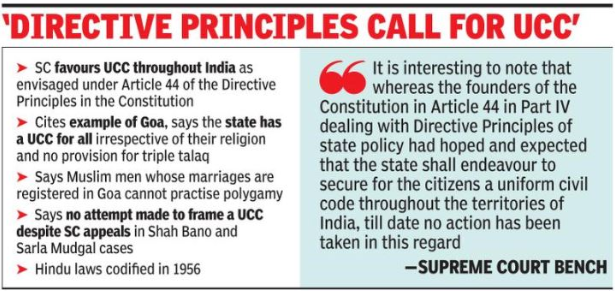
Disclaimer: Copyright infringement not intended.
Context
- Committee head and BJP Rajya Sabha MP Sushil Modi informed that the panel will seek the views of the stakeholders on the matter. He added the meeting of the Committee is non-political as the panel has members from all political parties.
Key Details:
- The UCC proposes to formulate and implement personal laws of citizens which apply to all citizens equally regardless of their religion, sex, gender and sexual orientation.
- Currently, the personal laws of various communities are governed by their religious scriptures. On the 14th of last month, the Law Commission of India solicited the views and ideas of the public and recognized religious organisations to examine the UCC.
- The public can send their views on the matter till the 14th of this month.
About Uniform Civil Code
- A uniform civil code will mean a set of common personal laws for all citizens. Currently, for example, there are different personal laws for Hindus and Muslims. Personal law covers property, marriage and divorce, inheritance and succession.
Beginning of uniform civil code
- The uniform civil code became a flashpoint in Indian politics in 1985 during the Shah Bano case. The Supreme Court had held that Bano, a Muslim woman, should get alimony from her ex-spouse.
- In the context of that judgment the court had said an uniform Personal laws were first framed during the British Raj, mainly for Hindu and Muslim citizens. The British feared opposition from community leaders and refrained from further interfering within this domestic.
- The demand for a uniform civil code was first put forward by women activists in the beginning of the twentieth century, with the objective of women's rights, equality and secularism.
- Till Independence in 1947, a few law reforms were passed to improve the condition of women, especially Hindu widows. In 1956, the Indian Parliament passed Hindu Code Bill amidst significant opposition.
- Though a demand for a uniform civil code was made by Prime Minister Jawaharlal Nehru, his supporters and women activists, they had to finally accept the compromise of it being added to the Directive Principles because of heavy opposition.
Indian constitution on uniform civil code
Article 44
- The constitution has a provision for Uniform Civil Code in Article 44 as a Directive Principle of State Policy which states that The State shall endeavour to secure for the citizens a uniform civil code throughout the territory of India.
- Article 44 of the Constitution calls upon the State to endeavour towards securing a uniform civil code throughout the territory of India.
- It falls within Part IV of the Constitution titled as Directive Principles of State Policy (DPSP) and understood as exhortations to the State to be kept in mind while governing the country.
| There are a number of cases where the Supreme Court has referred to Article 44 and the concept of uniform civil code, mainly to highlight the lacklustre attitude of the executive and the legislature in the implementation of the directive |
Need for UCC
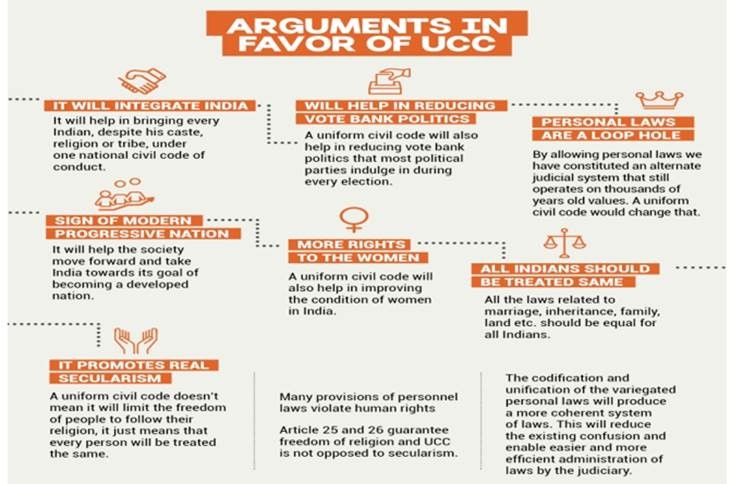
It Promotes Real Secularism
- What we have right now in India is selective secularism which means that in some areas we are secular and in others we aren’t.
- A uniform civil code means that all citizens of India have to follow the same laws whether they are Hindus or Muslims or Christians or Sikhs. This sounds fair and secular to me.
- A uniform civil code doesn’t mean it will limit the freedom of people to follow their religion, it just means that every person will be treated the same.
All Indians should be Treated Same
- Right now we have personal laws based on particular religions, which means that while Muslims can marry multiple times in India, a Hindu or a Christian will be prosecuted for doing the same.
- All the laws related to marriage, inheritance, family, land etc. should be equal for all Indians. This is the only way to ensure that all Indians are treated same.
It will provide More Rights to the Women
- A uniform civil code will also help in improving the condition of women in India. Our society is extremely patriarchal and misogynistic and by allowing old religious rules to continue to govern the family life we are condemning all Indian women to subjugation and mistreatment.
- A uniform civil code will help in changing these age old traditions that have no place in today’s society where we do understand that women should be treated fairly and given equal rights.
Concerns of UCC
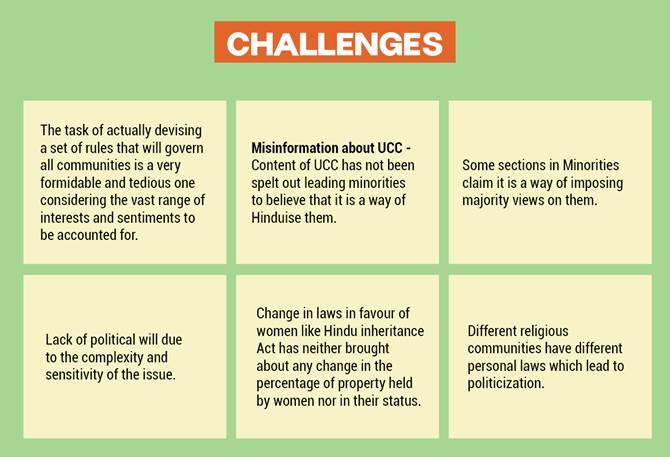
Difficulties due to India’s diversity
- The implementation of Uniform Civil Code is a cumbersome task due to wide diversity of our nation. Cultural differences from state to state and community to community is yet another hindrance for a unified personal law.
Interference of state in personal matters
- The constitution provides for the right to freedom of religion of one’s choice. With codification of uniform rules and its compulsion, the scope of the freedom of religion will be reduced.
Not Fair implementation
- The people from different communities are not willing to adopt the secular laws separated from personal laws.
- So, it is not fair to impose the traditions of one group upon other groups. The focus should be on other less contentious issues that the Indian society is facing.
Way Ahead
- The achievement of a uniform civil code becomes more desirable when it comes to the diversity of the matrimonial laws, simplifying the Indian legal system and making Indian society more homogeneous.
- The uniform civil code will envisage uniform provisions that will be applicable to everyone and which will be based on social justice and gender equality in family matters.
- Discriminatory practices within a religion should be eliminated.
- By Codification of different Personal laws, we can arrive at Certain universal Principles that promote equity.
- The UCC aims to provide protection to vulnerable sections as envisaged by Ambedkar including women and religious minorities, while also promoting nationalistic fervour through unity.
- The code will simplify the complex laws around marriage ceremonies, inheritance, succession, and adoptions making them one for all. The same civil law will then be applicable to all citizens irrespective of their faith.
Closing Remarks
- Dr B R Ambedkar, while formulating the Constitution had said that a UCC is desirable but for the moment it should remain voluntary, and thus it was added as a part of the Directive Principles of the State Policy in part IV of the Constitution of India as Article 44.
https://newsonair.gov.in/News?title=Parliamentary-Standing-Committee-to-discuss-Uniform-Civil-Code-on-July-3&id=463536
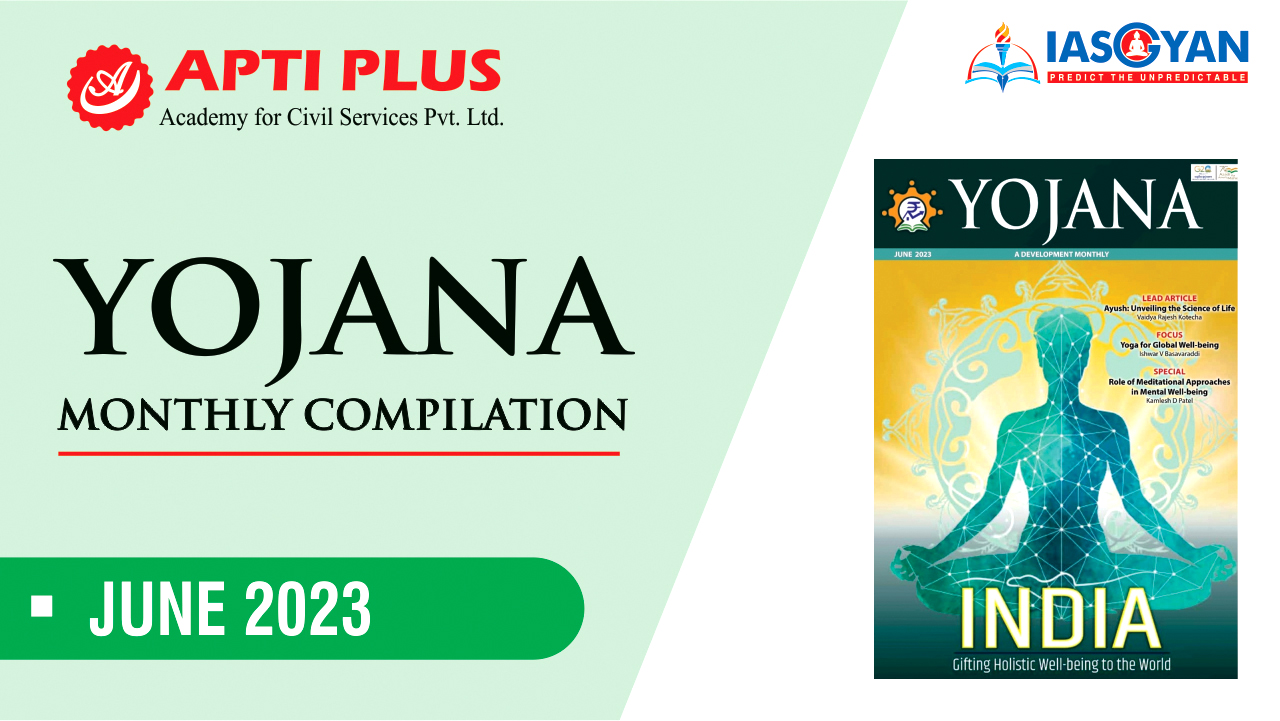
Shanghai Cooperation Organisation (SCO)
Context
- Prime Minister Narendra Modi has described terrorism a threat to regional and global peace and called upon Shanghai Cooperation Organisation (SCO) countries to fight this menace together.
Details
- PM underlined that there should be no double standards on terrorism. He also said India's concerns and expectations regarding Afghanistan are similar to those of most SCO countries.
- PM added that it is necessary that the land of Afghanistan is not used to spread instability in neighboring countries or encourage extremist ideologies.
- The Prime Minister said the food, fuel and fertiliser crisis are a big challenge for all countries in the world surrounded by controversies, tensions and epidemics.
- He added that over the past two decades, the SCO has emerged as an important platform for peace, prosperity and development in the entire Eurasia region.
- India has made five new pillars for cooperation in the SCO and they are Startups and Innovation, Traditional Medicine, Youth Empowerment, Digital Inclusion and Shared Buddhist Heritage.
ABOUT SCO:
- About: The Shanghai Cooperation Organization (SCO) is an intergovernmental organization founded in Shanghai on 15 June 2001.
- Primary Role: Since its inception in 2001, the SCO has mainly focused on regional security issues, its fight against regional terrorism, ethnic separatism and religious extremism. To date, the SCO’s priorities also include regional development.
- Composition: SCO currently comprises eight Member States -China, India, Kazakhstan, Kyrgyzstan, Russia, Pakistan, Tajikistan and Uzbekistan).
- It has Four Observer States interested in acceding to full membership - Afghanistan, Belarus, Iran, and Mongolia.
- It has six “Dialogue Partners” - Armenia, Azerbaijan, Cambodia, Nepal, Sri Lanka and Turkey.
- In 2021, the decision was made to start the accession process of Iran to the SCO as a full member, and Egypt, Qatar as well as Saudi Arabia became dialogue partners.
- Observer status: The SCO has been an observer in the UN General Assembly since 2005.
- SCO RATS: The Regional Anti-Terrorist Structure (RATS), headquartered in Tashkent, Uzbekistan, is a permanent organ of the SCO, which serves to promote cooperation of member states against the three evils of terrorism, separatism and extremism.
https://newsonair.gov.in/News?title=PM-Modi-Chairs-23rd-SCO-Summit%3b-Calls-for-decisive-action-against-terrorism-as-it-remains-a-major-threat-to-regional%2c-global-peace&id=463617
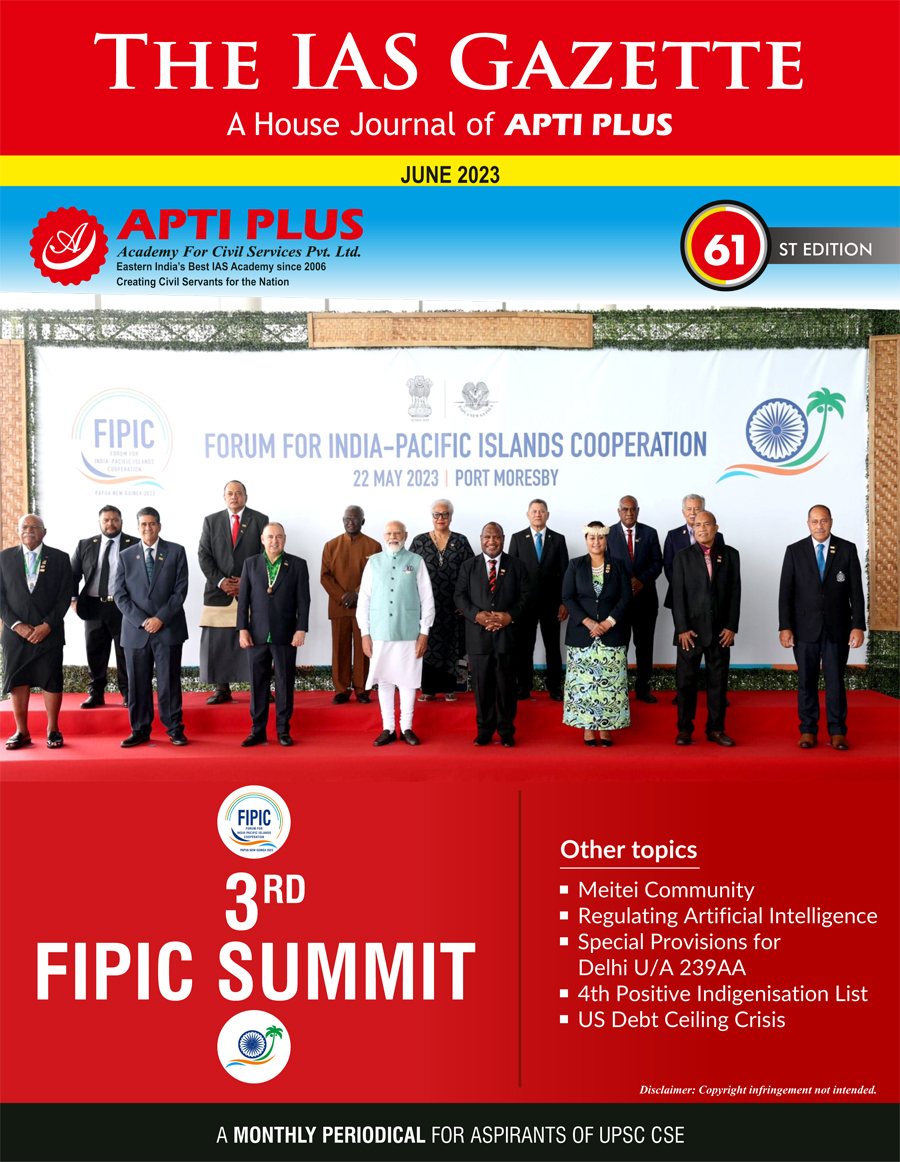
United Nations and President of the Security Council
Context
- The UK has called for the expansion of the UN Security Council's permanent seats to include India, Brazil, Germany and Japan as well as African representation.
Details:
- Permanent Representative of the United Kingdom to the United Nations and President of the Security Council for the month of July Ambassador Barbara Woodward's comments came as she briefed UN correspondents on the programme of work of the Security Council for the month.
- On reform of the UN Security Council, she said UK wants to see the expansion of the Council's permanent seats to include India, Brazil, Germany and Japan and African representation.
- Woodward referred to remarks by British Foreign Secretary James Cleverly last week in which he announced the UK’s ambition to drive forward reform of the multilateral system.
ABOUT UNITED NATIONS SECURITY COUNCIL (UNSC)
|
About
|
- The United Nations Security Council (UNSC) is one of the six principal organs of the United Nations (UN) and is charged with ensuring international peace and security, recommending the admission of new UN members to the General Assembly, and approving any changes to the UN Charter.
- The UNSC is the only UN body with the authority to issue binding resolutions on member states.
|
|
Members
|
- 15 members, including five permanent member states - China, France, Russian Federation, the United States, and the United Kingdom - and
- 10 non-permanent member states elected by the United Nations General Assembly (UNGA).
|
|
Headquarters
|
|
| Function |
- Each non-permanent member gets the opportunity to work as UNSC president.
- Ten non-permanent members are elected to the UNSC every year for a two-year term. India's current term began on January 1 of this year and will last until December 31, 2023.
- The 10 non-permanent seats are distributed among the regions of the world: five seats for African and Asian countries(three are for Africa and two for Asia), one for Eastern European countries, two for Latin American and Caribbean countries, and the remaining two for Western European and other countries.
- The Africa and Asia Pacific group takes turns every two years to put up an Arab candidate.
|
https://newsonair.gov.in/News?title=UK-calls-for-expansion-of-UNSC%26%2339%3bs-permanent-seats-to-include-India%2c-Brazil%2c-Germany-%26-Japan-as-well-as-African-representation&id=463630
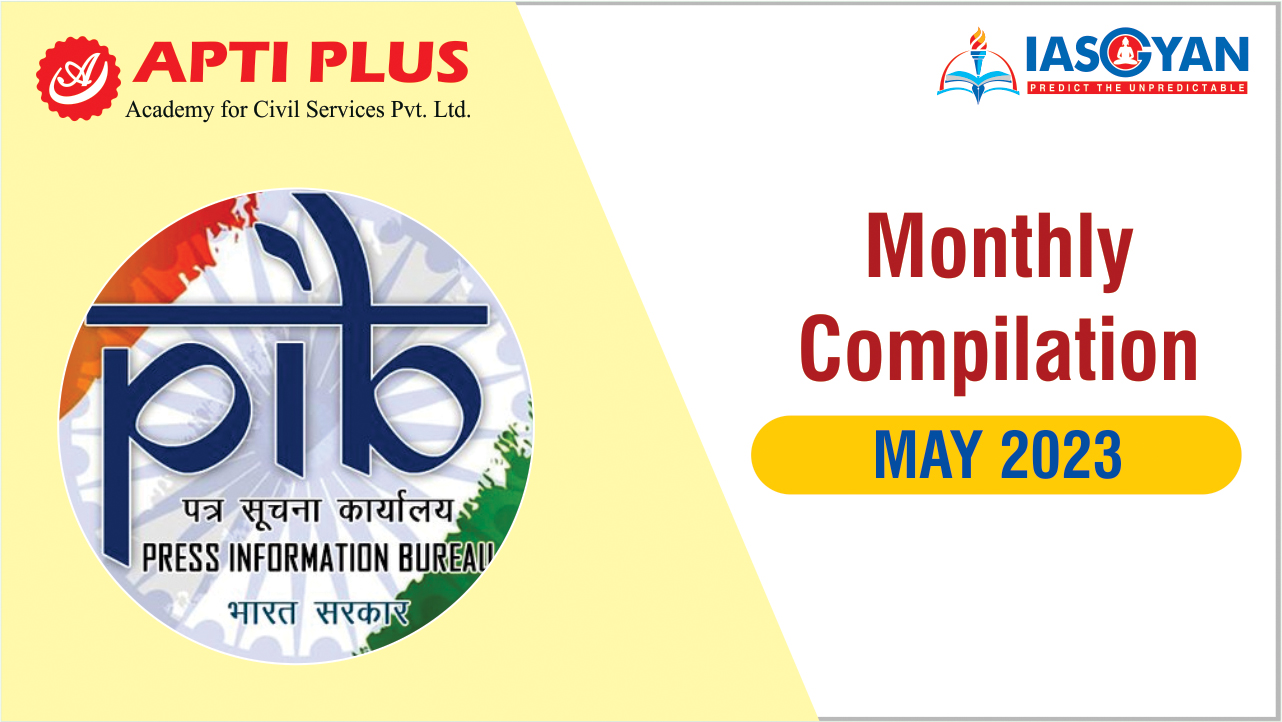
Research and Innovation Initiative Gathering (RIIG) Summit and Research
_Summit_and_Research.jpg)
Context
- A total of 5 RIIG meetings were hosted by India this year under the theme “Research and Innovation for Equitable Society”. The RIIG Inception Meeting was held at Kolkata, followed by four thematic conferences at Ranchi, Dibrugarh, Dharamshala and Diu.
Details
- Akashvani correspondent reports, the RIIG Summit is chaired by the Secretary of the Department of Science and Technology, Dr. Srivari Chandrasekhar. Dr. Chandrasekhar addressed the inaugural session in the morning. In the pre-lunch session, participants deliberated on the RIIG-2023 theme and priority topics.
- This was followed by discussions and country statements on Research Ministers declaration. Finalisation of draft text of Research Ministers Declaration and Bilateral meetings have been scheduled in the afternoon sessions.
About RIIG
- Research and Innovation Initiative Gathering (RIIG) aims to enhance, intensify, and strengthen research and innovation collaboration among the G20 member countries.
- It reflects the government's focus on designing frameworks that generate new markets and sustain macroeconomic growth, enabling the research and innovation ecosystem.
- RIIG is furthering the work of the Academic Forum held during the Italian Presidency in 2021, by bringing together science, technology and innovation experts of the G20 member countries.
- It proposes the establishment of a G20 Working Group on Research, Innovation, and Equity, which would bring together leading economic powers to address these challenges.
Within the broad theme " Research and Innovation for Equitable Society” for RIIG 2023, the
deliberations focus on four priority areas –
-
- Materials for Sustainable Energy;
- Circular-bio-economy;
- Eco-Innovations for Energy Transition;
- Scientific Challenges and Opportunities towards Achieving a Sustainable Blue Economy.
https://newsonair.gov.in/News?title=G-20-Research-%26-Innovation-Initiative-Gathering-Summit%2c-Research-Ministers%e2%80%99-Meeting-begins-in-Mumbai&id=463620
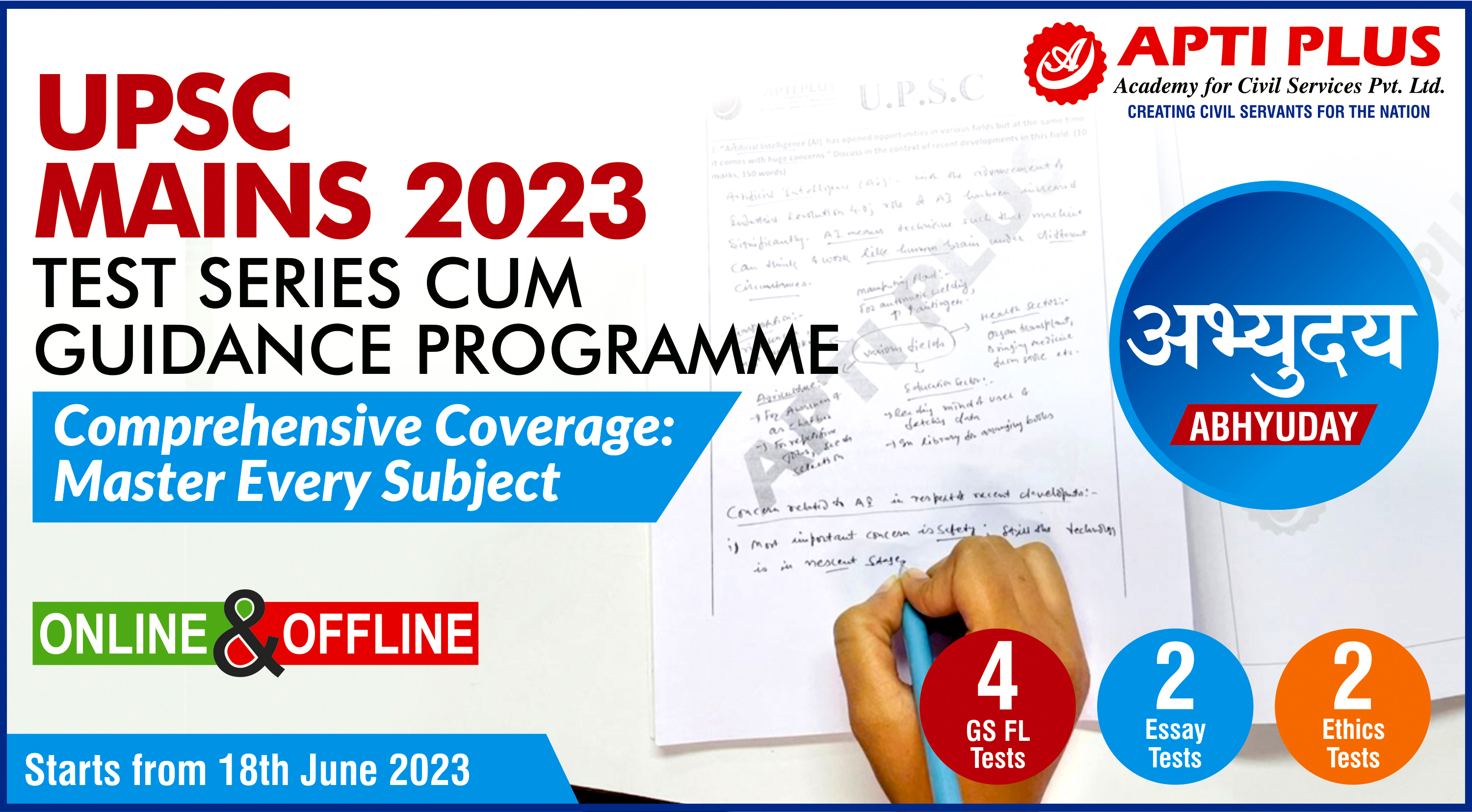
Alluri Sitarama Raju
Context
- President Droupadi Murmu will arrive in Hyderabad today morning to participate in the 125th birth anniversary celebrations of legendary freedom fighter Alluri Sitarama Raju.
About:
- Alluri Sitarama Raju was a legendary freedom fighter who rallied the tribes of the Eastern Ghats to rise in revolt against British rule.
- The Rampa rebellion, which he led with unparalleled courage and bravery, raged from August 1922 to May 1924 and is known as one of the most intense uprisings to have challenged the writ of colonial power in the subcontinent.
His contribution to freedom struggle and welfare of Adivasis
- He is remembered for mounting daring raids to seize arms and ammunition from police stations in the Rampachodavaram, Addateegala, Devipatnam and Rajavommangi areas of the tribal backwoods in what is now the northern part of Andhra Pradesh.
- He began to organise Adivasis against the atrocities by the police, the forest and revenue officials and extensively toured the 'Manyam' area.
- A slew of initial successes gave a lot of hope and confidence among the Adivasis and people in the surrounding villages and more and more of them began to rally behind Rama Raju.
- Alluri is revered not just in Andhra Pradesh but also in Telangana, Odisha and Karnataka.
- He believed in armed struggle and sacrificed his life for the liberation of the tribals.
- He opposed the Madras Forest Act, 1882 (the region was then part of the erstwhile Madras Presidency), which prohibited the tribes from indulging in podu (shift cultivation) and usurped their right to collect minor forest produce.
- He led the ill-fated “Rampa Rebellion” of 1922–24, during which a band of tribal leaders and other sympathizers fought against the British Raj. He was referred to as “Manyam Veerudu” (Hero of the Jungles) by the local people.
- Though his battle with the British lasted only for two years, he made an indelible mark in the history of the Indian Freedom Struggle and found a permanent place in the hearts of the countrymen.
https://newsonair.gov.in/News?title=President-Murmu-to-attend-legendary-freedom-fighter-Alluri-Sitarama-Raju%26%2339%3bs-125th-birth-anniversary-in-Hyderabad-today&id=463618







_Summit_and_Research.jpg)